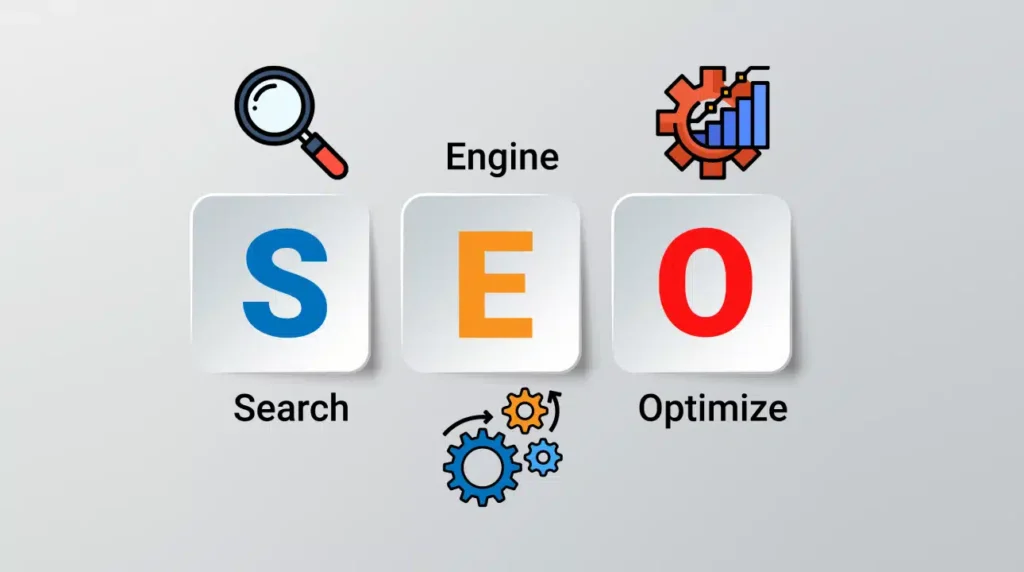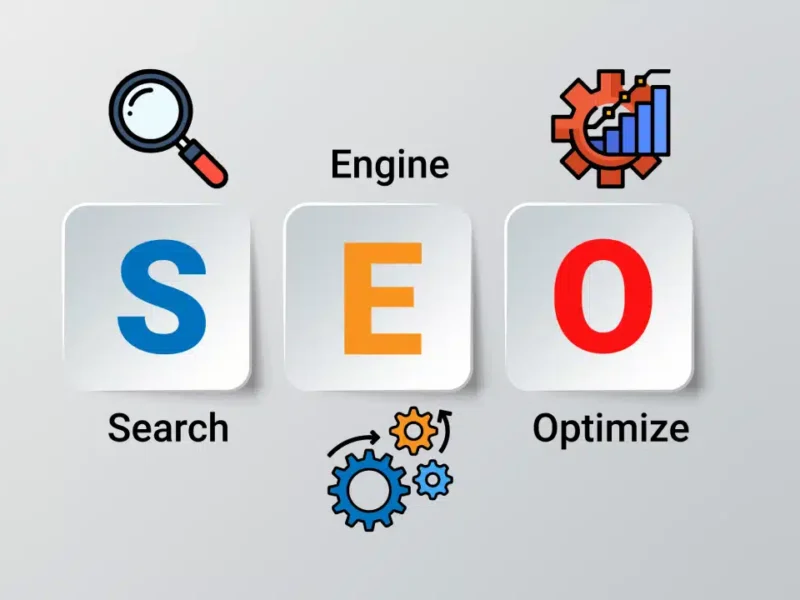
Search engine optimization (SEO) is a constantly evolving discipline. What worked a year ago might be outdated today—and the same goes for the tools you use. Whether you’re an SEO specialist, a digital marketer, or a business owner juggling your own marketing efforts, your toolkit plays a massive role in your success. So, how do you know when it’s time to switch to a new SEO tool?
Let’s break it down.
1. Your Current Tool Is Falling Behind in Features
SEO is no longer just about keyword tracking. Leading tools today offer robust functionalities:
AI-powered content insights
Automated technical audits
Competitor gap analysis
SERP feature tracking
Local and mobile SEO capabilities
If your current tool hasn’t evolved or added significant features in the past year or two, you’re likely falling behind the competition.
2. Reporting Is Clunky or Inflexible
Client and stakeholder reporting is a critical part of any SEO workflow. A modern SEO tool should offer:
Customizable dashboards
White-labeled reports
Integration with Google Analytics, Search Console, and other platforms
If you’re spending hours each week cobbling together reports manually, it’s a sign your tool is doing more harm than good.
3. The Data Feels Inaccurate or Delayed
Are you noticing keyword data that’s inconsistent or lagging behind real-time updates? Reliable, up-to-date data is the backbone of effective SEO decision-making. If you’re second-guessing your metrics—or worse, using other tools to verify your current tool’s data—it might be time to move on.
4. You’re Paying for Features You Don’t Use
SEO tools can get expensive, especially if you’re on a team or agency plan. If you’re only using a small fraction of the features you’re paying for, it may be worth considering a more specialized or streamlined alternative that aligns better with your workflow and budget.
5. Your Needs Have Grown—or Shifted
Maybe you started with a basic keyword tracking tool when you launched your site. But now you’re managing multiple domains, optimizing for international markets, or scaling content production. As your SEO strategy matures, your tools need to scale with you.
6. Support and User Experience Are Lacking
Slow customer support, outdated UI, confusing workflows—these issues eat into your productivity. A modern SEO tool should help you move faster, not slower. Don’t underestimate the value of an intuitive interface and responsive support team.
What to Look for in a New SEO Tool
If you’re ready to make the switch, here’s what to look for in your next SEO tool:
All-in-one functionality (or seamless integrations with your existing stack)
Real-time data updates
Scalable pricing plans
Strong user community or support team
Clear roadmap and regular updates
Some of the most popular options in 2025 include Semrush, Ahrefs, Surfer SEO, SE Ranking, and newer AI-native platforms like Dashword and MarketMuse.
Final Thoughts
Sticking with the wrong SEO tool can silently drain your time, money, and performance. As SEO becomes more data-driven and competitive, your tools need to work as hard as you do.
If you’ve been wondering whether it’s time to switch—chances are, it probably is.




Comments (2)
Riva Collins
It’s no secret that the digital industry is booming. From exciting startups to need ghor fore global and brands, companies are reaching out.
Obila Doe
There is absolutely no justification for an attack like this in our communities and we must all work together to bring those responsible to justice.